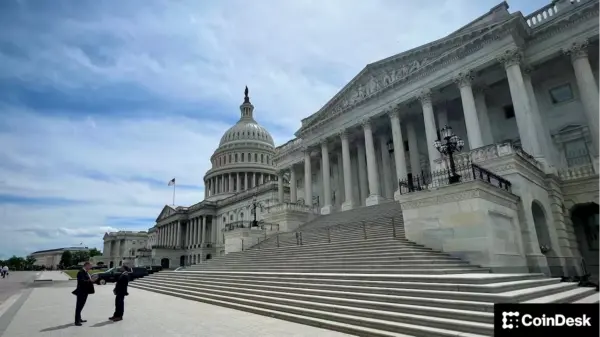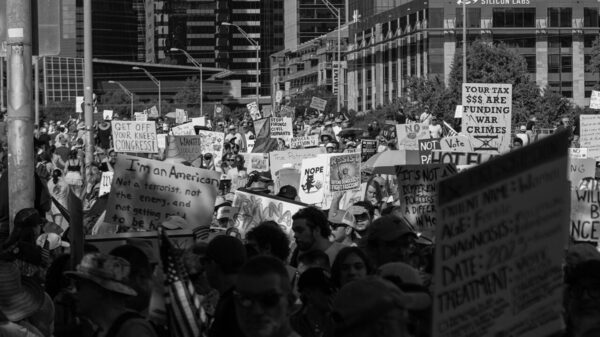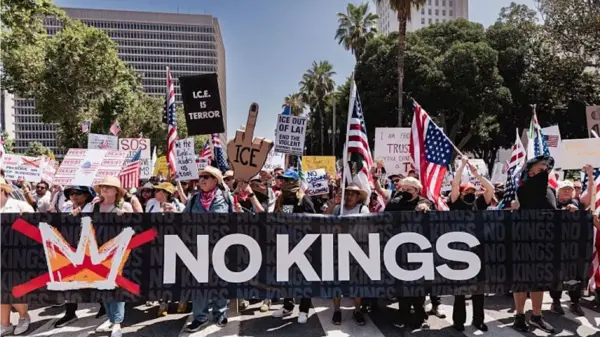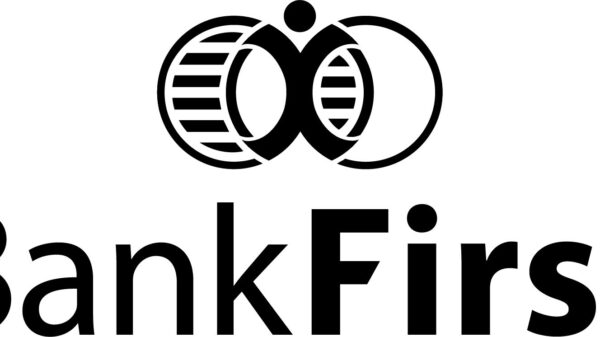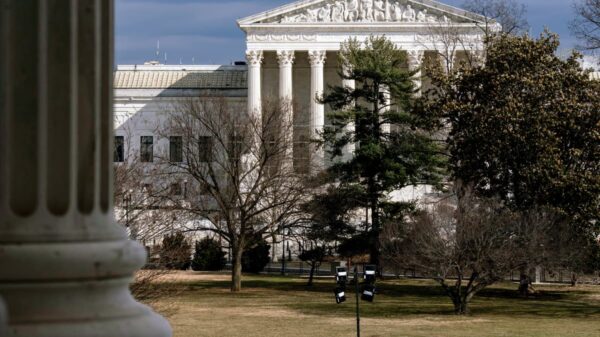URGENT UPDATE: A former Amazon delivery driver has launched a lawsuit against the Equal Employment Opportunity Commission (EEOC) after the agency dropped her discrimination case. This dramatic turn follows an executive order from President Donald Trump that directed federal agencies to deprioritize civil rights investigations.
The lawsuit, filed in New York, alleges that Amazon discriminated against female drivers by failing to provide adequate bathroom breaks. The former driver claims that the EEOC’s decision to abandon her case undermines crucial protections for women in the workplace.
According to the lawsuit, the EEOC’s actions are in direct response to Trump’s executive order, which has raised concerns across various civil rights groups. The order, issued in 2017, instructed federal agencies to prioritize other initiatives over civil rights enforcement, effectively sidelining cases like hers.
WHY THIS MATTERS NOW: The outcome of this lawsuit could have significant implications for women’s rights and workplace equality in the U.S. If successful, it may compel the EEOC to reconsider its approach to similar cases, potentially opening the door for many others who feel discriminated against.
The former driver argues that the lack of sufficient bathroom breaks not only affects health and safety but also reflects broader issues of gender discrimination within the gig economy. Her case underscores the urgent need for accountability in corporate practices, especially regarding the treatment of female employees in physically demanding roles.
As this legal battle unfolds, attention will be on how the EEOC responds and whether this lawsuit can challenge the broader implications of Trump’s executive order on civil rights enforcement.
NEXT STEPS: The lawsuit is just beginning, and the implications of the EEOC’s decision may resonate throughout various sectors as advocates monitor how federal agencies prioritize civil rights in the future.
Stay tuned for further updates on this developing story, as it has the potential to reshape discussions around workplace rights and gender equality in the U.S.











